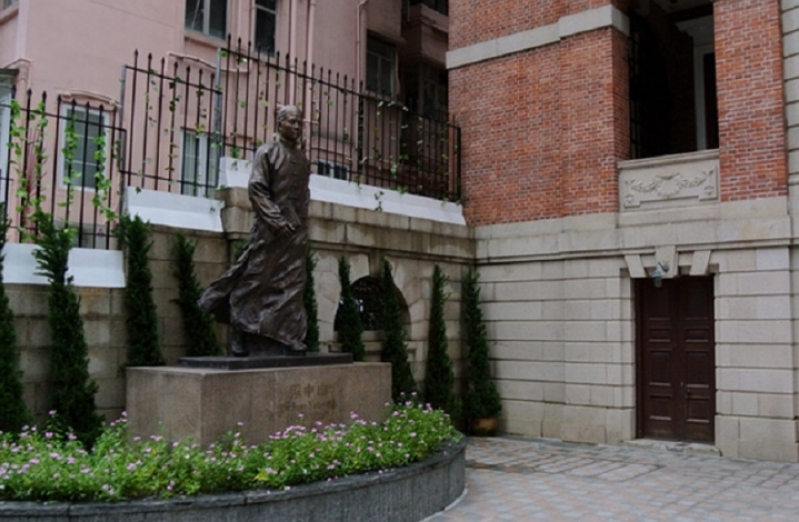
Due to the lack of teaching periods, the recent development consultation for the Hong Kong Junior Secondary Chinese History curriculum proposed to remove the history of Christianity in China. This section includes Western missionaries, such as Matteo Ricci and Robert Morrison, who brought Catholicism and Christianity to China. However, Principal Cheng Kwun Kit and other history teachers point out that Christian history in China played a vital role in the modernization of China and the development of Hong Kong. Therefore, it would be unreasonable to omit this topic from the junior secondary curriculum.
The brief account of the activities about Christianity in China is included in Religious Studies under Cultural Study in the Chinese history syllabus Section B. There are five lessons together with the activities about Buddhism, Taoism, Muslim, etc. During 2016, the Education Bureau released the first consultation, which suggested the inclusion of the technological achievements and influences in the Ming Dynasty brought about by the return of Christianity. Such topics would be included in the lesson about the Ming Dynasty in secondary two. In 2017, the Bureau released the second consultation, which the above topic was suggested to be removed due to the lack of teaching periods during the school year. They consented because teachers requested to emphasize on the downfall of each dynasty.
However, Chinese history teachers at Christian schools think that the Christian activities in China were not limited to evangelizing. They also encouraged Eastern countries to acquire Western knowledge. They had a deep influence in the modernization of China and the development of Hong Kong. The teachers also believe that learning about these events could allow students to have a better understanding of how this history came about. For example, why did missionaries make Hong Kong their base when evangelizing to China? What is the role that Hong Kong plays in China's modern history? How about nowadays? etc. If the topics are removed from the curriculum and the students only learn about the rise and falls in history, the teachers believe that it would affect both teachers and students and they could not even explain why their schools were founded by churches.
Principal Cheng Kwun Kit from Ying Wa College, which was founded 200 years ago, commented, "Our school was founded during that time. In the early years, the missionaries translated the Bible and some Chinese classics at our school. They also published the first Chinese newspaper, Chinese Serial, in Hong Kong."
He also points out that both the Taiping Heavenly Kingdom Movement initiated by Hong Xiu Quan and Dr. Sun Yat Sen's Revolutionary Principles were created under Christian influence. He says, "if the students only focus on the events in history, but not the context and cultural backgrounds behind them, they would have only scratched the surface of the matter and the materials would lack complexity."
Moreover, he thinks the Christian history in China is particularly important for understanding the interaction between Hong Kong and China, which the new syllabus emphasizes. "One of the topics for the Chinese History Syllabus is Religious Activities and Cultural Exchange, therefore it is an important topic. It is unreasonable to completely omit this topic from the junior secondary syllabus."
Principal Cheng Kwun Kit reiterates that teachers should reflect on how to help students fill the void in history if they replace the cultural topics due to the lack of teaching periods.
(Translated from Chinese.GospelHerald.com)






